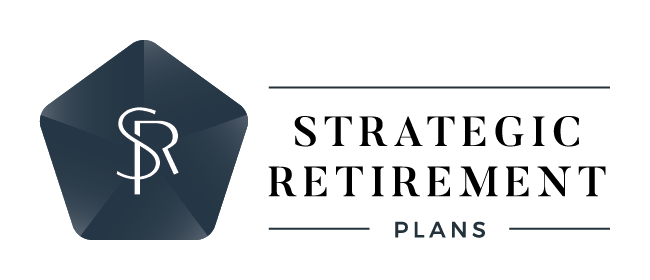The New Year is upon us, and like many people, you’ve probably made—or thought about making—some resolutions. “Getting organized” is a common goal, but you may not have considered it in terms of your financial life. Though it’s often overlooked, getting your financial documents in order can be an important step toward achieving your overall financial goals.
The right tools for the job
Think about all the time you’ve wasted (and the stress you’ve felt) trying to find bills, statements, and receipts. An easy way to solve this problem is to keep all of your financial papers in a file cabinet, separated by category. Name and organize the categories in a way that makes sense to you. Here are a few suggestions to get you started:
- Brokerage account and portfolio statements
- Bank statements
- Tax information
- Receipts
- Retirement account documents
- Mortgage or lease agreements
- Insurance documents (e.g., policy statements)
- Bills (separated into “to be paid” and “paid”)
To cut down on the amount of paper you have to organize, consider taking advantage of an electronic filing cabinet for account statements and other documents. Your financial or tax professional may have such a system in place—just ask!
Remember, whatever filing method you choose, the system has to work for you in order to work at all.
Getting into the habit
Once you have a place for everything, take time to gather all of your documents and put them in the right spot.
Here are some tips to help you stay organized in a few key areas:
- Your bills. For recurring bills, consider setting up automatic payments online. Just remember to track these payments as you would any other transaction. Making a list of your automatic payments and storing it in your filing system is a smart move.
- Your will. Although you might try to avoid thinking about your will, it’s important to keep it up to date in case the unexpected happens. Store the original in a safe place, and be sure to inform a family member of its location. Keeping your will with birth certificates, marriage certificates, life insurance policies, and other such documents will help you keep track of them.
- Your advisors’ information. To save yourself time searching for their phone numbers, create a list of contact information for your professional advisors, such as your financial planner or investment advisor, attorney, and accountant. Consolidating this information will also help your loved ones locate important numbers in case of an emergency.
Sticking with it
Getting organized may seem like a daunting task, but devoting a bit of time to it each day will benefit you in the long run. Soon, you’ll find that organization has become a habit, and you won’t want to return to the stress of a cluttered financial life. While it may take a few hours to get started, in the end, organizing your documents frees you up to focus on doing the things you enjoy—or on completing some of those other resolutions!


